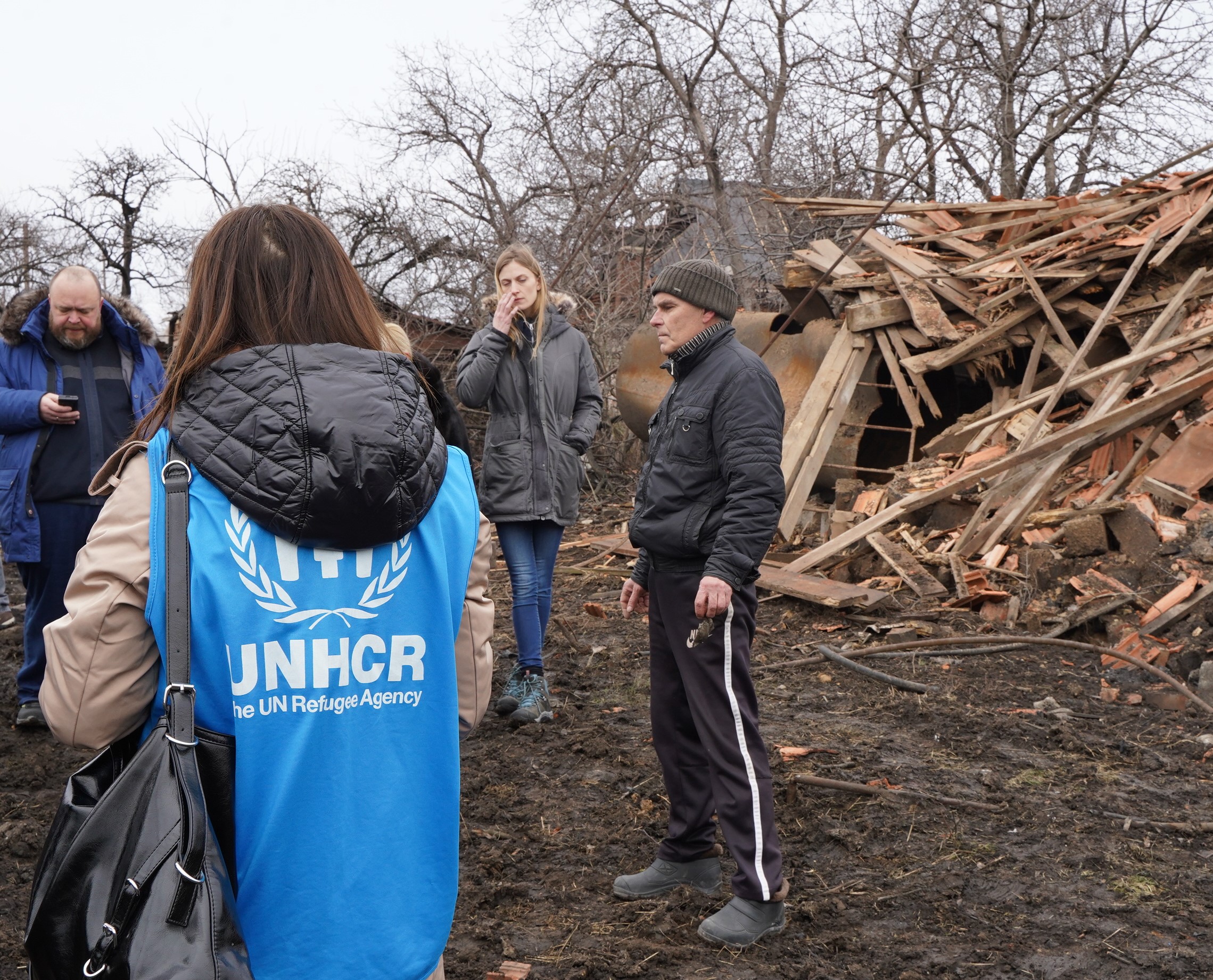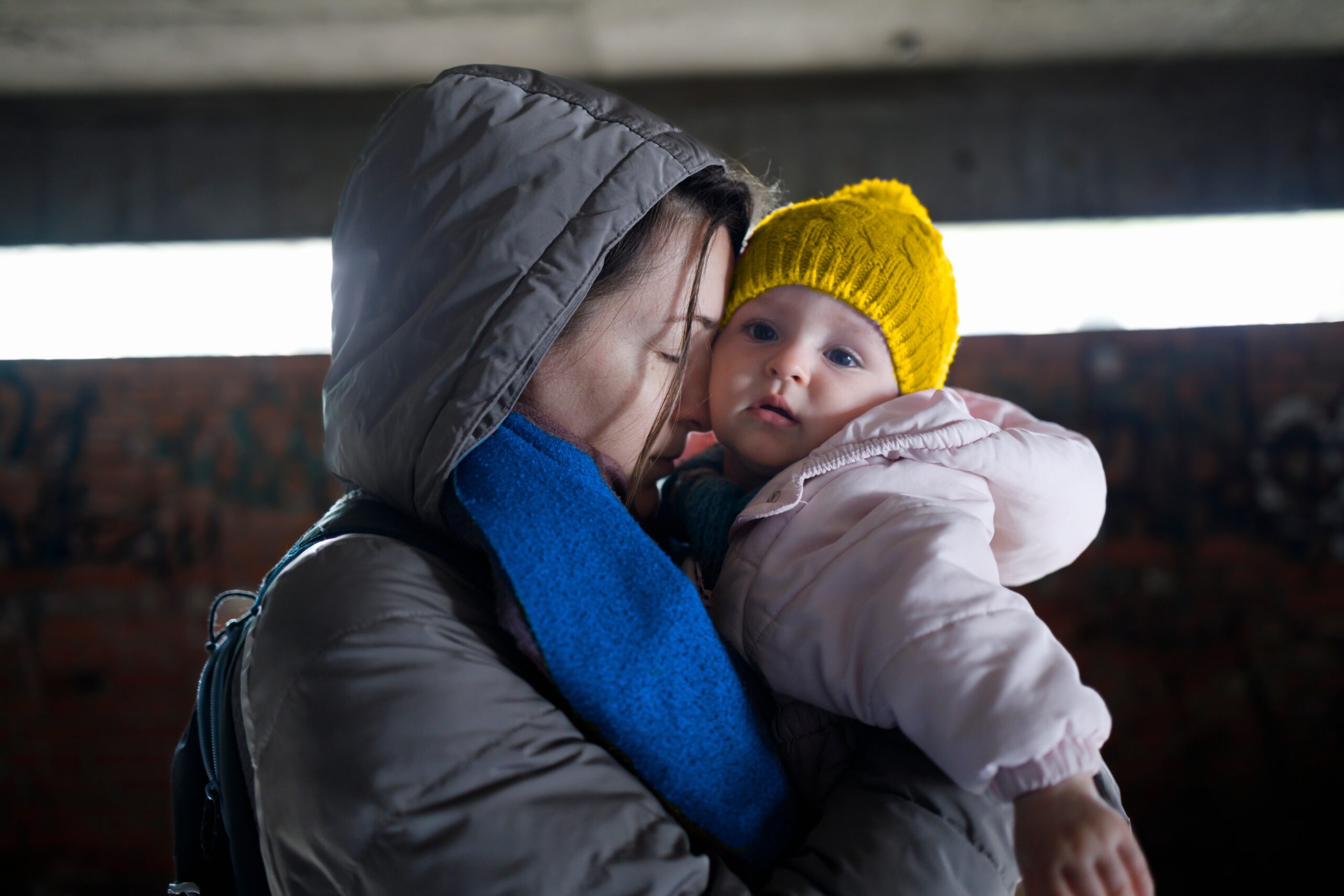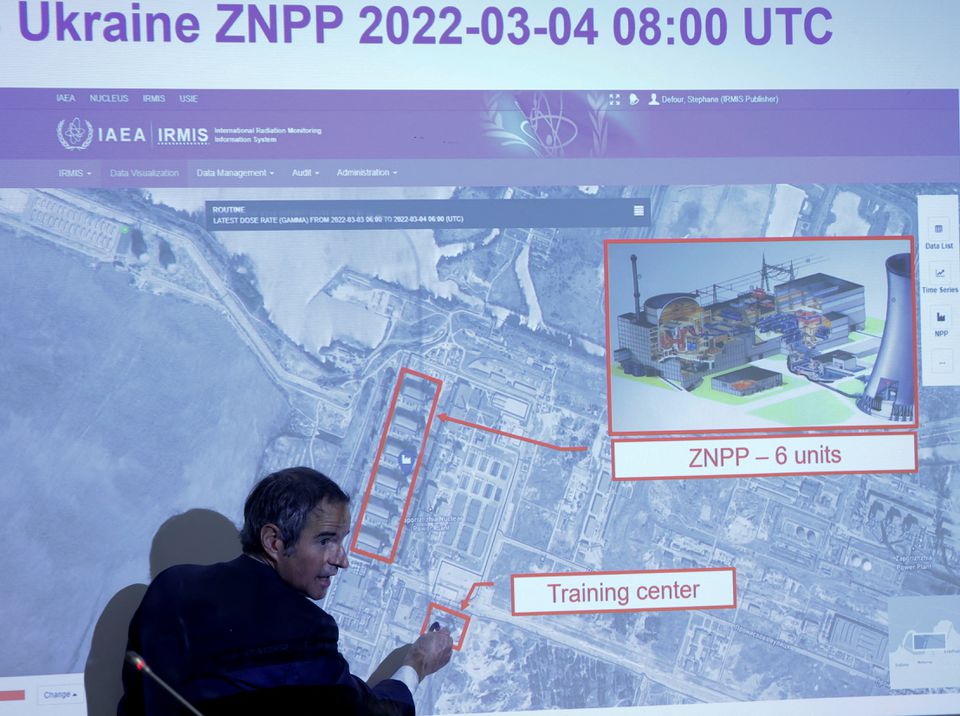Situation on the Ground
Russia’s illegal invasion of Ukraine on February 24, 2022, has led to widespread devastation and the displacement of more than 18 million Ukrainians. At the two-year mark of the conflict, the Office of the High Commissioner for Human Rights (OHCHR) verified a total of 30,457 civilian casualties, noting that the real numbers are likely much higher.
The war has also significantly stressed the international security order, revived fears of nuclear conflict, and exacerbated a global food crisis that threatens the survival of tens of millions of people worldwide.
The U.S. Response
Since 2022, Ukraine has become the top recipient of U.S. foreign aid — the first time a European country has held the leading spot since post-WWII reconstruction of Europe through the Marshall Plan. In total, the Biden Administration and Congress have provided about $75 billion in assistance, including humanitarian, financial, and military support.
Efforts to support Ukraine are shared among many countries. In fact, European countries now give $3 for every $1 the U.S. provides. In addition, aid from the U.S. and Europe to and through international organizations like the UN and NATO supplement direct aid, guaranteeing the steady flow of humanitarian assistance and military equipment that has been vital in the fight against Russia.
In February, the Senate passed (70-29) a bipartisan, $95.3 billion foreign aid bill that includes military and humanitarian assistance to Ukraine. (The bill also sends foreign assistance and humanitarian aid to Israel, Gaza, and allies in the Indo-Pacific region). While House Speaker Mike Johnson insists he won’t be “rushed” into approving the package from the Senate, support for funding from most Democrats and almost half the Republicans remains strong. Conversely, some members have urged their colleagues on Capitol Hill to eliminate all humanitarian assistance to Ukraine. As noted by Richard Fontaine, CEO of the Center for a New American Security, “War is a battle of wills. If you want to break Ukraine faster than Putin ever could, cut humanitarian aid.”
Today, as the U.S. Congress considers a national security emergency supplemental, BWC and UNA-USA are appealing to Members of Congress to support the aid package for Ukraine, and to ensure it contains humanitarian funding to help the most vulnerable. Given the strong bipartisan support and demonstrated need of our ally, it is past time for Congress to act.
“War is a battle of wills. If you want to break Ukraine faster than Putin ever could, cut humanitarian aid.”
Richard Fontaine, CEO, the Center for a New American Security
The UN Response
The UN system has responded forcefully and consistently to the war and its fallout. Within days of Russia’s invasion, the UN General Assembly met in an emergency session, voting 141-5 to adopt a U.S.-supported resolution denouncing Russia and calling on it to “immediately, completely, and unconditionally withdraw” all of its military forces from Ukraine. A similar resolution was passed in 2023.
Meanwhile, UN agencies are activating their teams on the ground and leveraging their influence to support Ukrainians and hold Russia accountable. The UN General Assembly and UN Human Rights Council acted to isolate Russia diplomatically and investigate the Kremlin for war crimes. The International Atomic Energy Agency (IAEA) pledged a permanent presence at the nuclear facility in Zaporizhzhia, deploying teams of monitors to ensure the safety and security of it and other plants throughout Ukraine. Agencies like UNICEF, WHO, UNHCR, and the World Food Programme (WFP) are working around the clock and in the region to rebuild homes, deliver food and education, and facilitate the continued operation of healthcare facilities and other essential services. The UN also helped negotiate an international agreement that ended a Russian blockade to allow the export of agricultural products from Ukraine to global markets.


